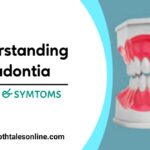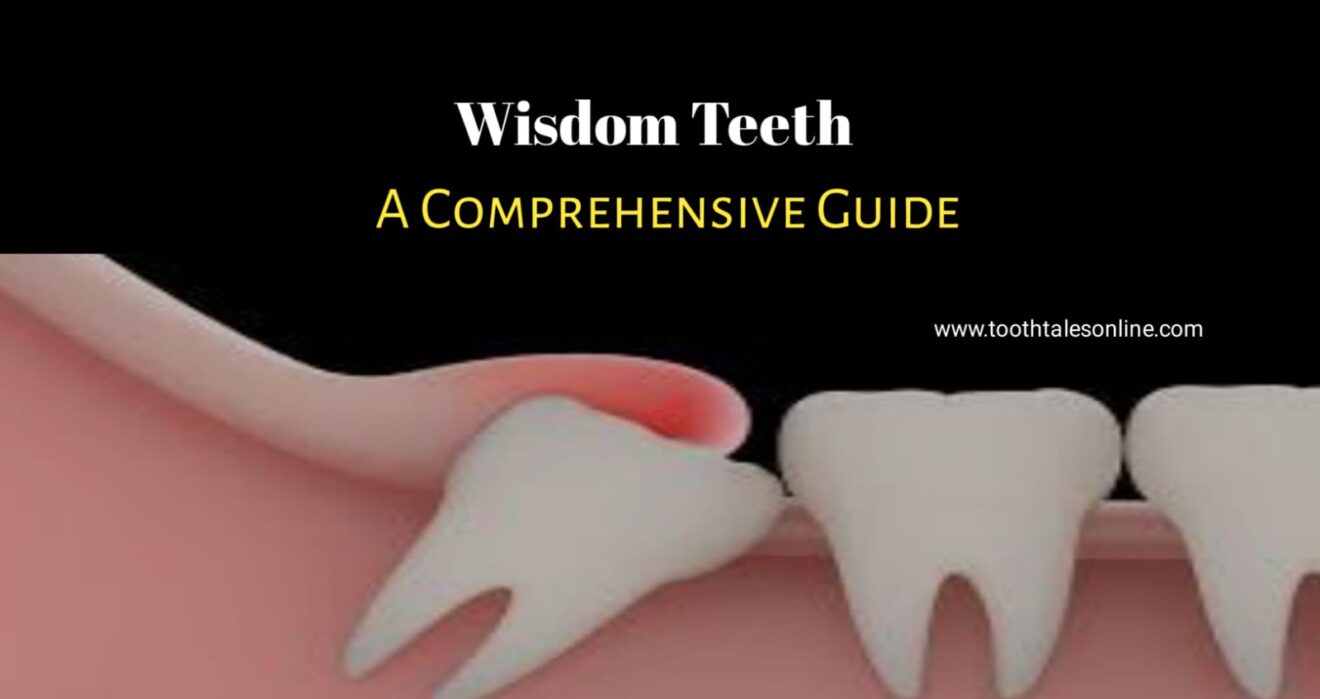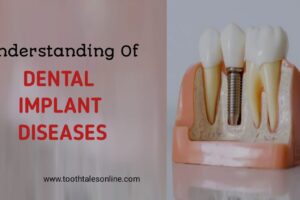Introduction:
Wisdom teeth, also known as third molars, are the last set of molars that typically emerge in late adolescence or early adulthood. While these teeth can be valuable assets when healthy and properly aligned, they often pose problems requiring extraction. This comprehensive guide will explore the ins and outs of wisdom teeth, from understanding their purpose to addressing common issues and providing essential information on extraction and post-operative care.
What are Wisdom Teeth?
Wisdom teeth are the third set of molars located at the back of the mouth. Historically, these teeth were essential for our ancestors who had a diet requiring more chewing power. However, their role has diminished in modern times.
Signs of Wisdom Tooth Problems:
-
- Pain and Discomfort: Persistent pain in the back of the mouth.
- Swelling and Redness: Inflammation around the gums.
- Difficulty in Eating: Challenges while chewing or biting.
Impacted Wisdom Teeth:
Definition: When wisdom teeth don’t have enough space to emerge properly, they can become impacted.
Symptoms: Pain, swelling, and infection can occur.
Complications: Impacted wisdom teeth may cause damage to neighboring teeth and lead to cyst formation.
Extraction Procedure:
When is Extraction Necessary?
Reasons for extraction include impaction, crowding, and infection.
- Surgical vs. Non-Surgical Extraction: Depending on the tooth’s position and condition, extraction methods may vary.
- Anesthesia Options: Local anesthesia, sedation, or general anesthesia may be used for the procedure.
Recovery Tips and Post-Operative Care:
- Pain Management: Over-the-counter or prescription pain relievers.
- Swelling Reduction: Application of ice packs to minimize swelling.
- Eating and Drinking Guidelines: Soft foods and avoiding certain substances.
- Oral Hygiene: Gentle cleaning around the extraction site.
Complications and Warning Signs:
- Dry Socket: A painful condition resulting from the loss of the blood clot after extraction.
- Infection: Signs include persistent pain, swelling, and fever.
- Nerve Damage: Rare but possible, leading to numbness or tingling in the lips, tongue, or chin.
Preventive Measures:
- Regular Dental Check-ups: Monitoring the development of wisdom teeth.
- X-rays: Periodic imaging to assess wisdom tooth growth.
- Early Intervention: Addressing potential issues before they become severe.
Conclusion:
Understanding wisdom teeth, their potential problems, and the extraction process is crucial for maintaining optimal oral health. Regular dental check-ups and timely intervention can help prevent complications associated with these third molars. If you are experiencing any symptoms of wisdom tooth problems, consult with your dentist for personalized advice and appropriate treatment.






















Add Comment